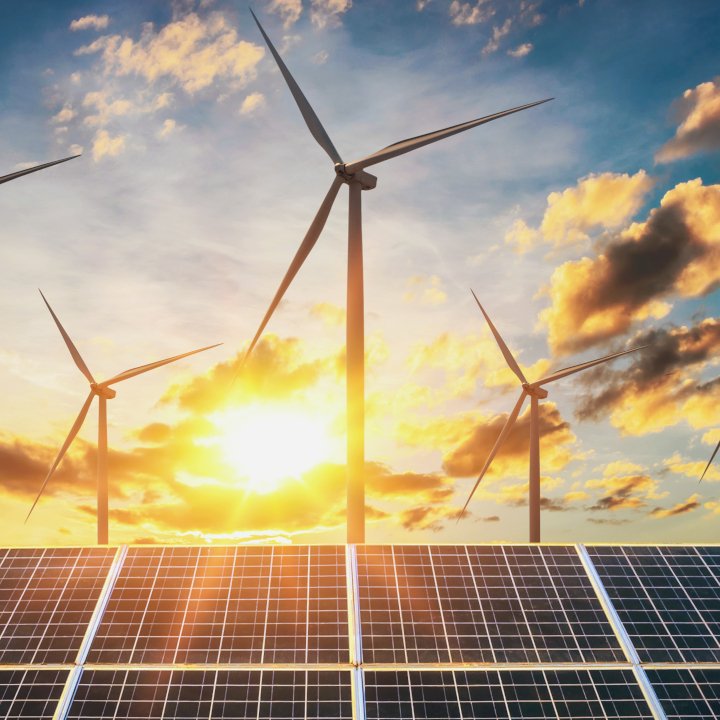War in Ukraine could speed up Germany's green energy transition, study says

BHRRC Renewable Energy & Human Rights Benchmark Briefing
Ukraine conflict could speed up Germany's green energy transition, study says, 17 July 2022
The consequences of the Ukraine conflict could accelerate Germany's green energy transition despite Berlin's decision to reconnect coal-fired power plants to compensate for falling fossil fuel supplies from Russia, a study published on Sunday showed.
The German government has been pushing for a shift to renewable energy, aiming for renewables to contribute 80% of the country's electricity generation by 2030.
The study by credit insurer Allianz Trade found that Germany's green energy goals were likely to increase the share of renewable energies in the electricity mix in the medium term, even beyond what would be required to meet the Paris climate targets by 2035.
The study found that an increase of coal-fired power generation, which the German government approved earlier this month, will not raise CO2 emissions in the European Union because the production will be limited by the EU emissions trading system.
The study said it was unlikely that coal would become a long-term replacement for Russian gas because of the high EU emissions trading prices...
The study estimated that Germany's renewable energy expansion in electricity would need annual investments of around 28 billion euro up to 2035, and the industry would need some 440,000 workers from 2022 to 2035 to meet the targets.